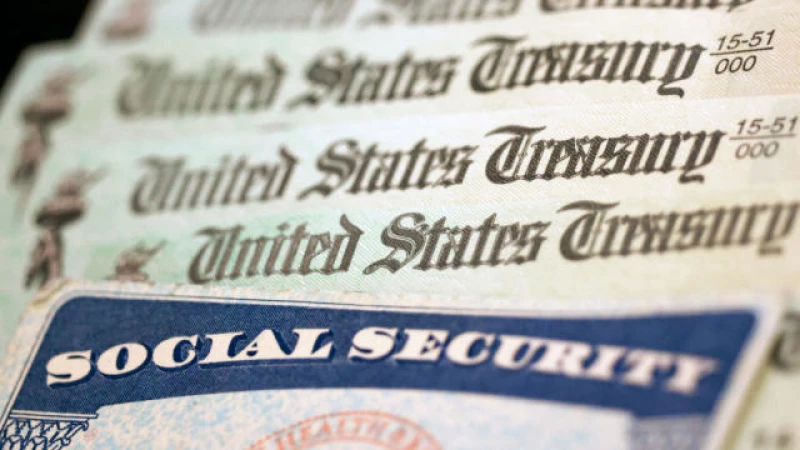The Social Security Administration announced a reform in its approach to recovering overpayments of benefits, responding to criticism over policies that pushed some individuals into financial hardship, and even homelessness.
Previously, the agency had the authority to deduct the full amount of the overpayment from a beneficiary's monthly Social Security payment, a practice that resulted in severe financial struggles for many individuals, as highlighted by "60 Minutes," KFF Health News, and other media sources.
In a statement released on Wednesday, Social Security Commissioner Martin O'Malley announced that the agency would discontinue the practice of seizing 100% of an overpaid beneficiary's monthly benefit if they were unable to repay. Instead, the agency will now limit the deduction to 10% of the monthly benefit.
Furthermore, the Social Security Administration will now allow repayment plans to extend up to 60 months, giving beneficiaries an additional two years to reimburse the funds, compared to the previous limit of 36 months.
The organization's previous strategies had resulted in "serious injustices to individuals, as evidenced by the accounts of people losing their homes or facing severe financial difficulties when their benefits are abruptly terminated to recover an overpayment from decades ago," O'Malley expressed in his statement.
O'Malley, who assumed the role of SSA commissioner in December, had recently promised to rectify the process of recouping overpayments, which he had described as "cruel-hearted" in an interview with KFF Health News.
During a hearing before the Senate Committee on Aging on Wednesday, O'Malley highlighted that the previous policies had undermined the fundamental objective of the Social Security program, which he stated was "to prevent seniors from becoming homeless through no fault of their own."
Along with limiting benefit clawbacks to 10% of a monthly payment and extending the repayment period for beneficiaries, the organization announced two additional adjustments. O'Malley mentioned that individuals who received overpayments will no longer be required to prove their innocence in causing the overpayment.
The organization will also streamline the process for individuals to request a waiver for repayment, especially if they believe they are not at fault or are unable to make the repayment, he further stated.







